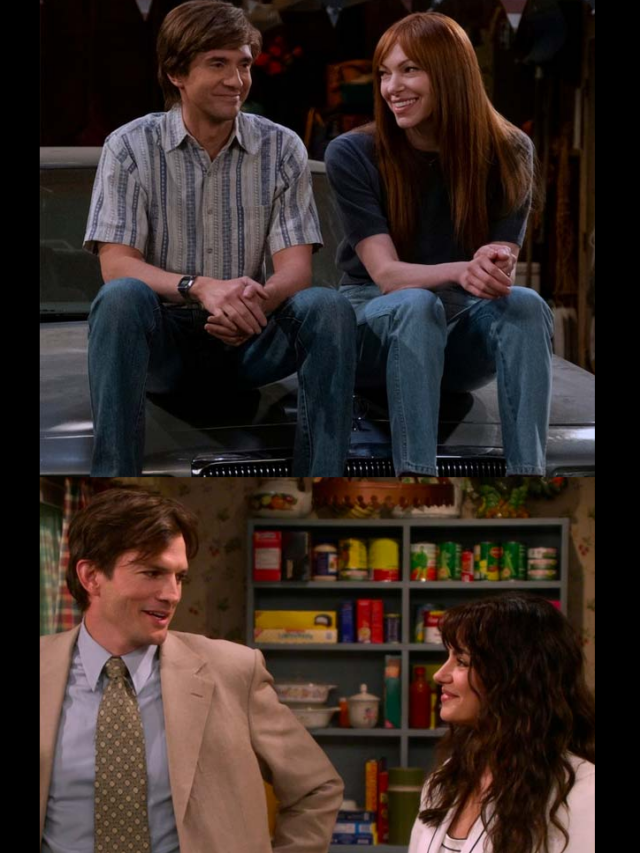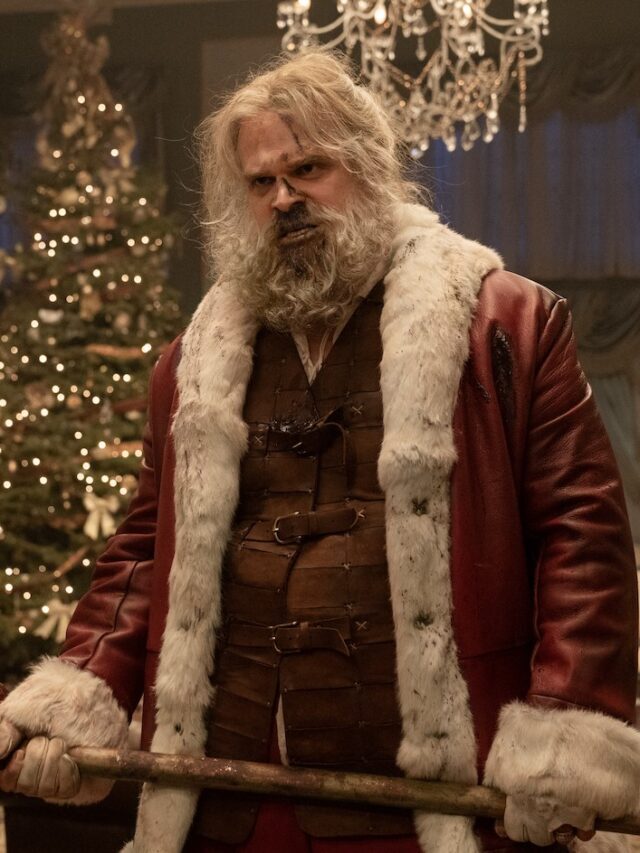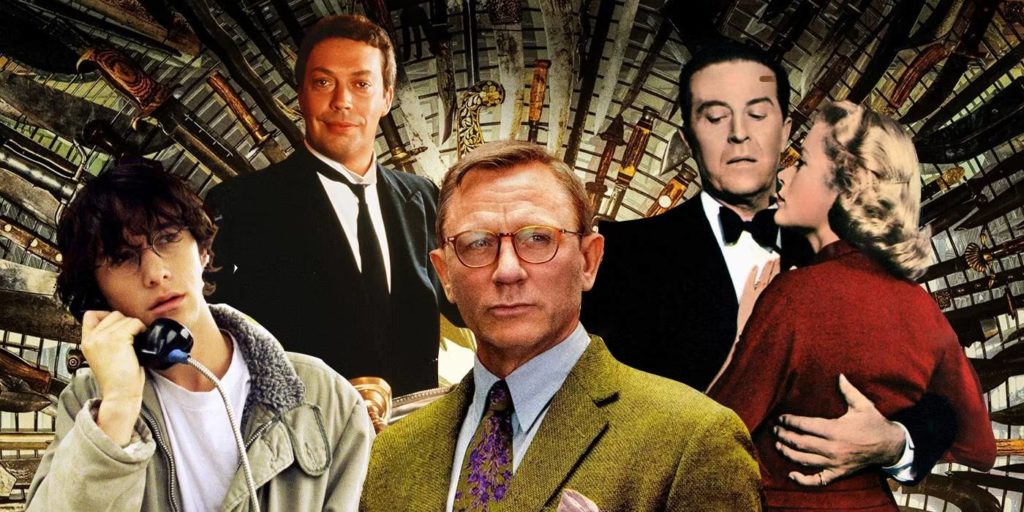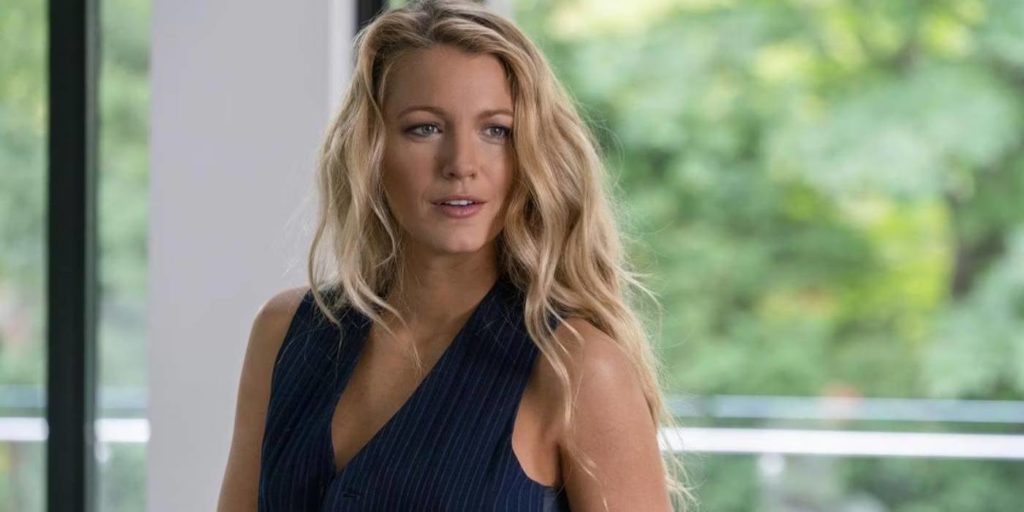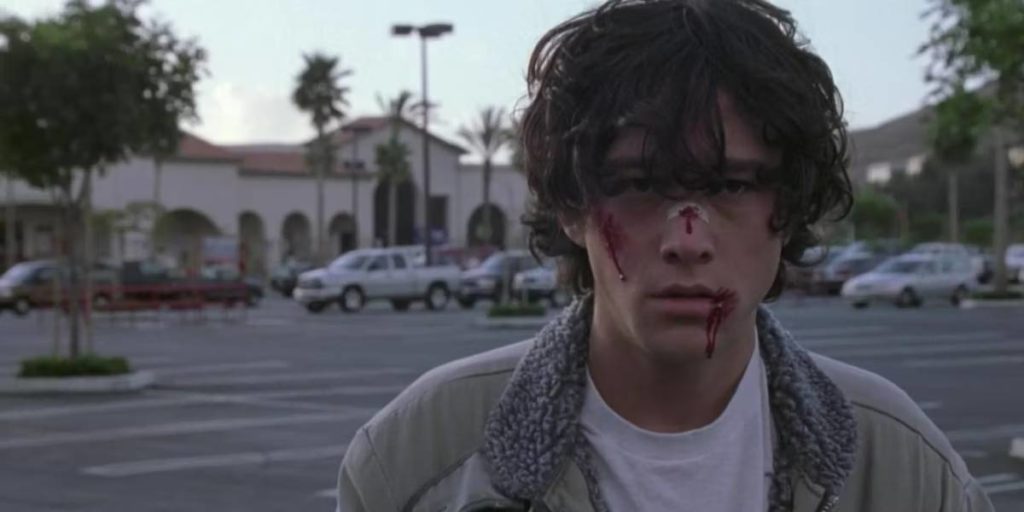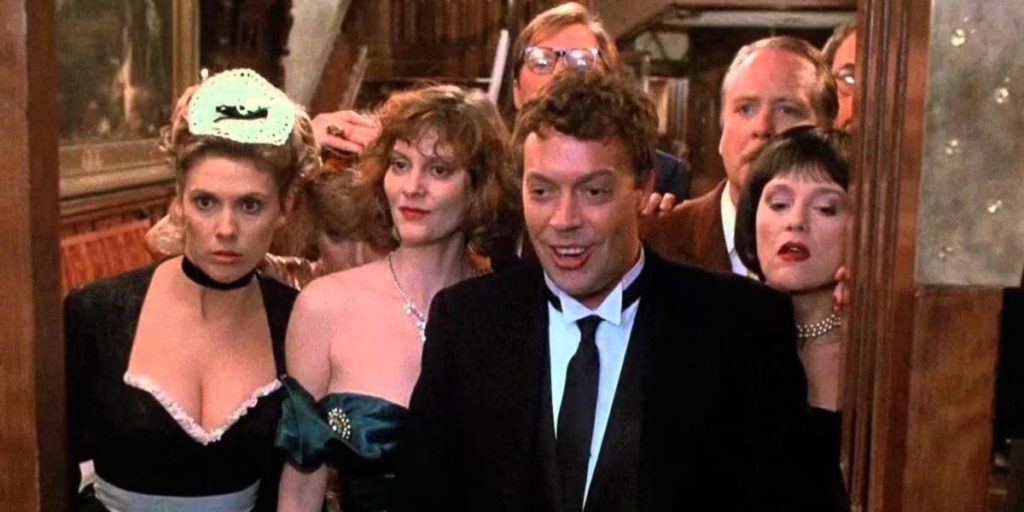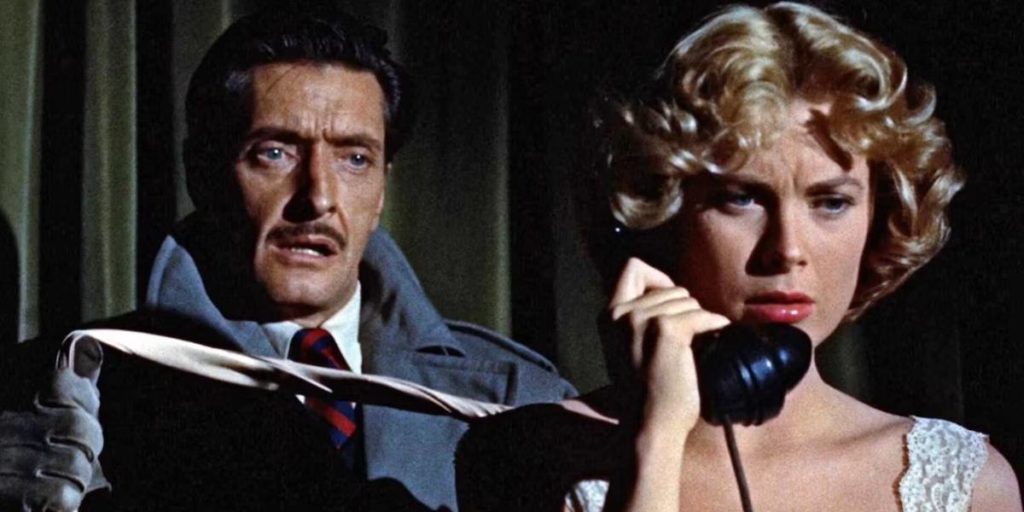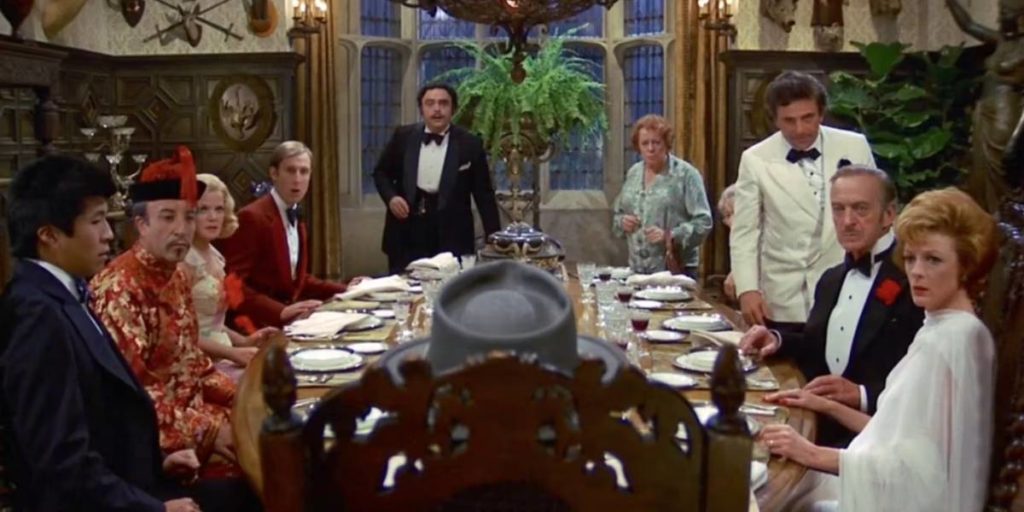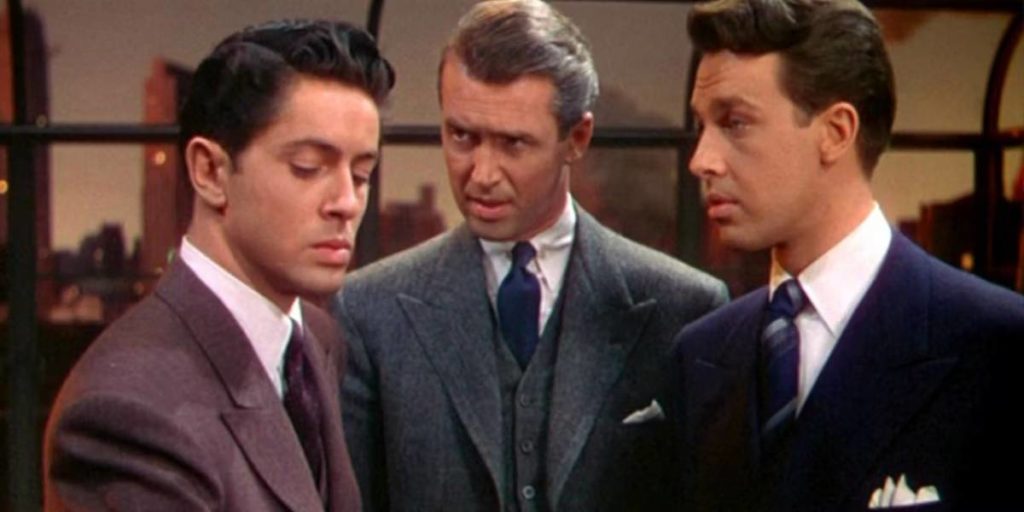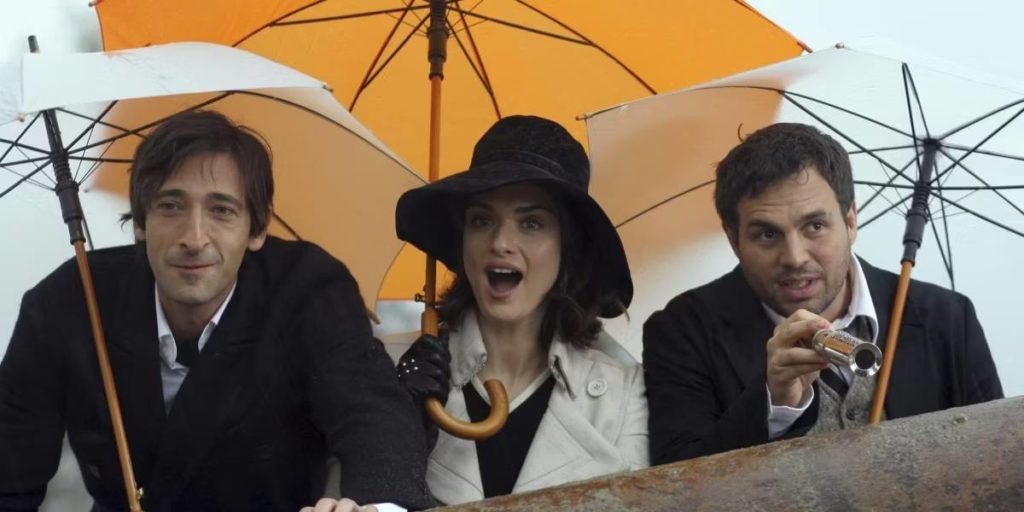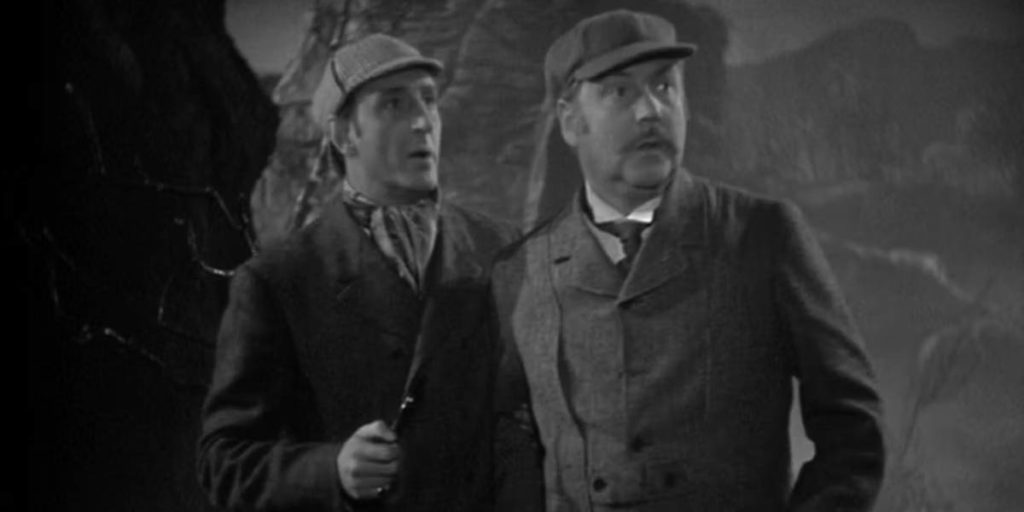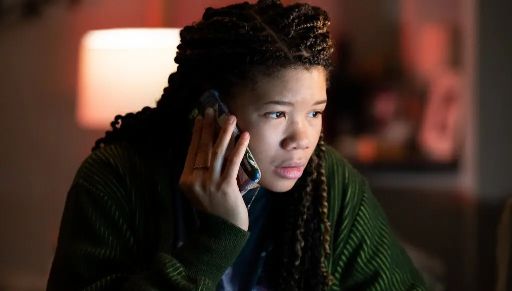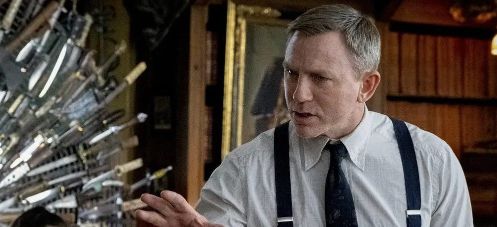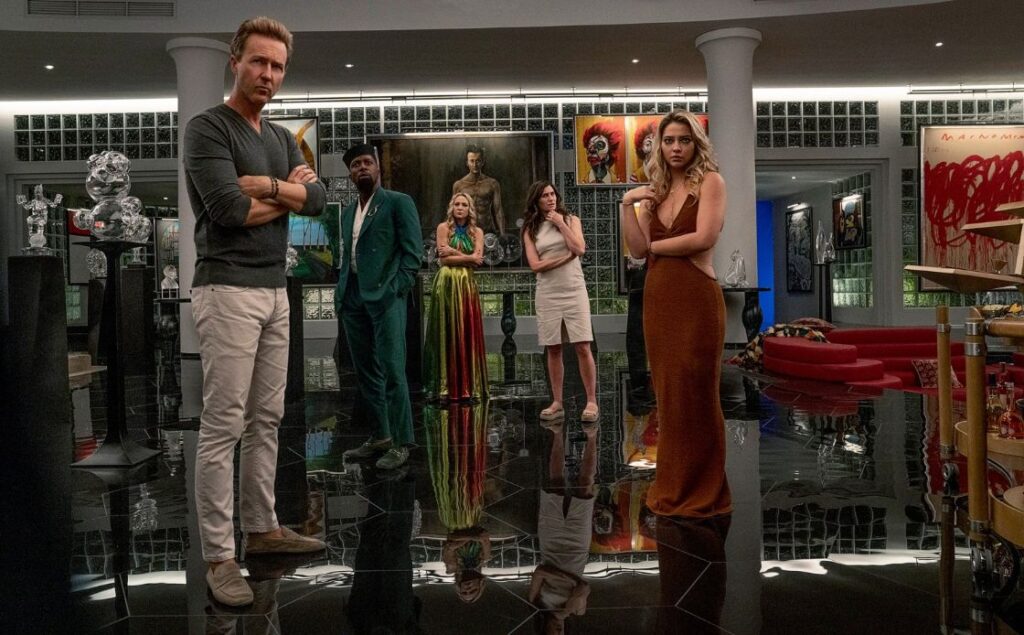Crime fiction has long been a wellspring of creativity, and the idea of a mystery with a small group of suspects has a long history—all the way back to Victorian novelist Wilkie Collins. The mystery of the limited area creates a malleable background against which even the smallest things can be used as clues. The murder mystery tropes are expertly implemented in the 2019 movie Knives Out as detective Benoit Blanc (Daniel Craig) solves the baffling circumstances surrounding the death of a wealthy mystery author who was discovered dead the morning after his birthday party. Every family member who attended the party is a suspect, making a liability out of every relationship’s dysfunction.
Check out these fascinating mysteries while you wait for the sequel. Each of these works, which range from classics to neo-noir to humorous views on the detective, delivers a distinct flavour of crime-solving pleasure.
A Simple Favor (2018)
A Simple Favor is distinctive in the mystery genre in that the tale is focused on women. This makes it another movie that will appeal to anyone who like Knives Out for its humorous flair. Women frequently appear as femme fatales or sidekicks in noir and crime stories. Here, the individual who is missing and the person in charge of the search are both female. A single mother YouTuber named Stephanie (Anna Kendrick) looks into the disappearance of her friend Emily (Blake Lively). The movie also stars Henry Golding, Andrew Rannells, Linda Cardellini, Rupert Friend, and Jean Smart in performances that are chock-full of story twists and noir sensibilities. A Simple Favor dismantles the mirages of success from a completely feminine perspective, much like Knives Out does with the power dynamics between the wealthy and the working class.
Brick (2005)
Tracking Rian Johnson’s footprints on other movies is perhaps the easiest and most enjoyable way to find a movie like Knives Out. Before smuggling Joseph Gordon-voice Levitt’s into Knives Out more than ten years ago, he cast Levitt as the main detective in Brick, a high school neo-noir. In it, a social outcast must wade through the convoluted politics of the many cliques in order to solve the murder of his ex-girlfriend, a person he still loves and who, in one of her last known acts on earth, asked him for assistance. The power battles taking place in the teenage drug economy are fascinatingly examined in Brick. The conversation, woven with Johnson’s trademark wit, serves as the mystery’s main plot device.
Clue (1985)
Not every board game can be turned into an addictively watchable movie, but Clue most surely can. The plot of the film will sound familiar to those who have played the game: a number of famous characters, some of whom have aliases, including Miss Scarlett (Lesley Ann Warren), Mrs. Peacock (Eileen Brennan), and Prof. Plum (Christopher Lloyd), are invited to a dinner party by Mr. Boddy (Lee Ving), only to find that their hosts are all being blackmailed. Everyone is a suspect when Mr. Boddy suddenly dies in the midst of the dinner party. Clue emphasises the self-referential element of the murder mystery by building on a foundation that is already ingrained in the cultural zeitgeist. These characters stick in viewers’ minds because they were used as moving parts in the overall plot of the film. Using tried-and-true story frameworks results in a really captivating narrative, not one that lessens the appeal of the process. Like Knives Out, Clue depends on a large ensemble cast (Eileen Brennan, Michael McKean, Madeline Khan, etc.) to deliver the necessary punch, comic relief, and traditional whodunit elements.
Dial M for Murder (1954)
The Alfred Hitchcock masterpiece Dial M for Murder is unrivalled in terms of closed-room mysteries with authors as the main characters. Tony Wendice (Ray Milland) believes it will be easy to murder his wife (Grace Kelly). He learns that she is having an affair and takes advantage of the situation to draught threatening letters that would result in a fatal situation. Robert Cummings, his wife’s lover, uses his very unique skill set as a crime fiction author to piece together what actually occurred when his scheme goes awry. Dial M for Murder, like Knives Out, is intensely focused on specifics, with each character’s actions and motivations built up like the solution to a riddle. It also, like Knives Out, presents a finely knit thread of tension.
Murder by Death (1976)
One of Knives Out’s distinguishing features, despite its drama and intrigue, is the way it combines humour and sarcastic interpretations on the mystery genre with its unexpected developments. You’re guaranteed to enjoy the 1976 comedy Murder by Death if you were amused by the movie’s humorous parts. In this movie, five private investigators are invited to Lionel Twain’s (Truman Capote) dinner party to try to solve an unsolvable murder. The successful investigator will receive a million dollars. As each detective discovers the full cost of dining with an eccentric, aloof mystery-lover, things start to go wrong—and wacky. This eccentric movie, which stars Peter Falk, Peter Sellers, and Elsa Lanchester in standout roles, is a fantastic example of the genre’s wonderful brevity.
Rope (1948)
Three times the tension. Another masterpiece from Hitchcock, Rope highlights a certain amoral edge that results from affluent idleness while still featuring some of the same extravagant displays of luxury as Knives Out. Two young guys (John Dall and Farley Granger) take action in the movie Rope after hearing about a philosophical exercise from their former teacher (James Stewart). They strangle one of their pals, put his body in a chest made of wood to demonstrate their supremacy, and then throw a dinner party where they invite the victim’s father and the teacher who first gave them the idea for the murder. Although the who, what, when, and where of this slow-burning thriller are all established from the outset, it’s amazing how much tension can still exist within a problem that seems to have been solved.
The Brothers Bloom (2008)
Knives Out, Brick, and The Brothers Bloom are still available if you still need more Rian Johnson. The titular brothers (Mark Ruffalo and Adrien Brody) have been con artists for the majority of their lives. After becoming orphans, committing crimes became their way of making friends and finding love as well as a means of obtaining resources and money. One of the brothers is persuaded to perform a final trick by the other when the burden of leading a life based on a lie begins to weigh on him. This last one causes various problems, notably the introduction of genuine love into a vessel that had previously solely carried deceit. Despite all the smoke and mirrors, this movie is a fascinating examination of brotherhood, deception, and the type of complex storyline Johnson is known for.
The Hound of the Baskervilles (1939)
It can be beneficial to track down the origins of some of your favourite modern movies and stories, and The Hound of the Baskervilles is a prime example. In this Sherlock Holmes story, Dr. Watson (Nigel Bruce) and Holmes (Basil Rathbone) are asked to assist in breaking a family curse. A terrible hound kills every member of the Baskerville family who visits the Devonshire area. When given the responsibility of guarding the last heir (Richard Greene), who is about to arrive at the estate, Holmes dismisses the idea of the curse right away, sending Watson ahead of him before finally emerging to help with the investigation. Hound of the Baskervilles, one of the best Sherlock Holmes cinematic adaptations, draws on similar artistic tropes as Knives Out and exudes a complex kind of nostalgia.
Being a binge-watcher himself, finding Content to write about comes naturally to Divesh. From Anime to Trending Netflix Series and Celebrity News, he covers every detail and always find the right sources for his research.

